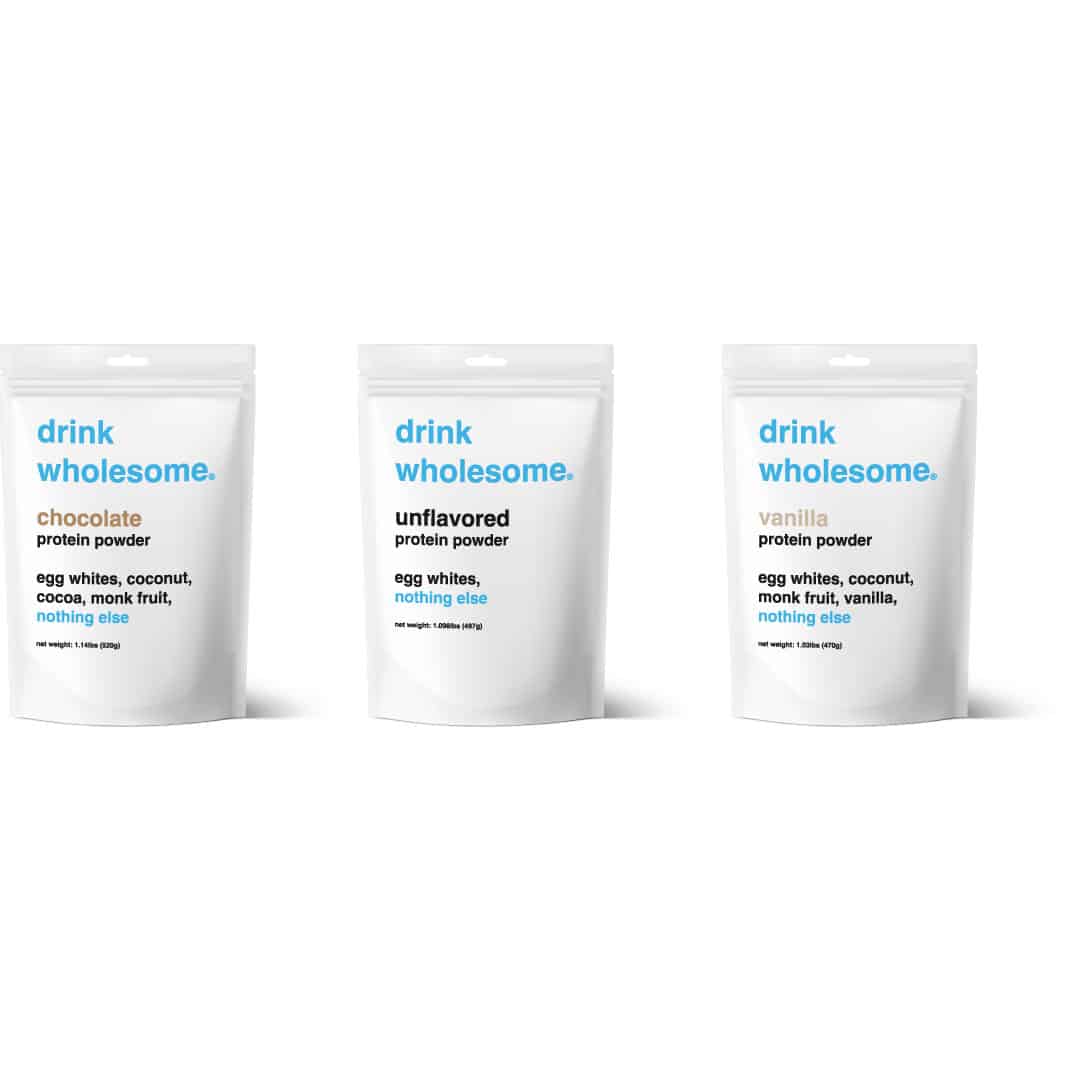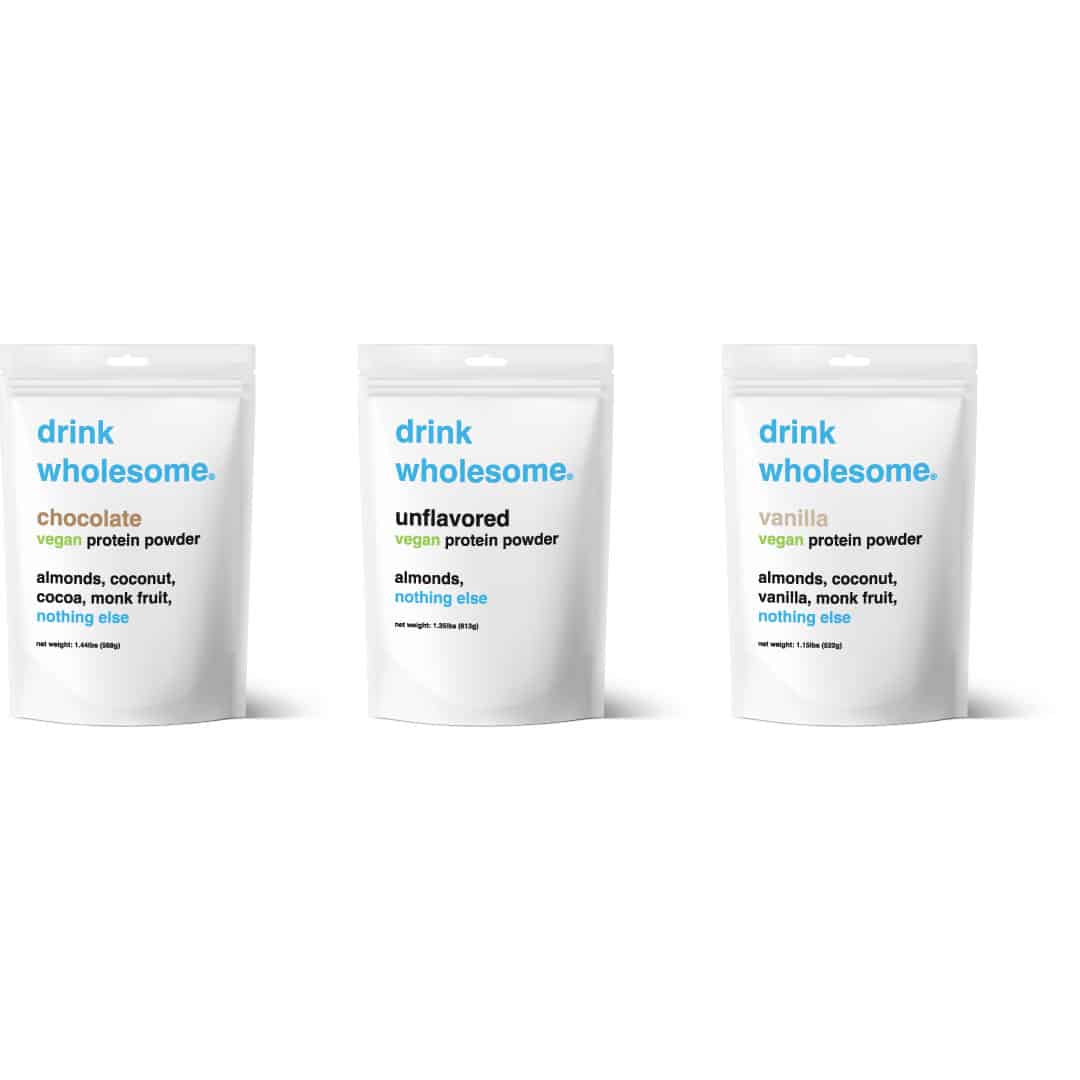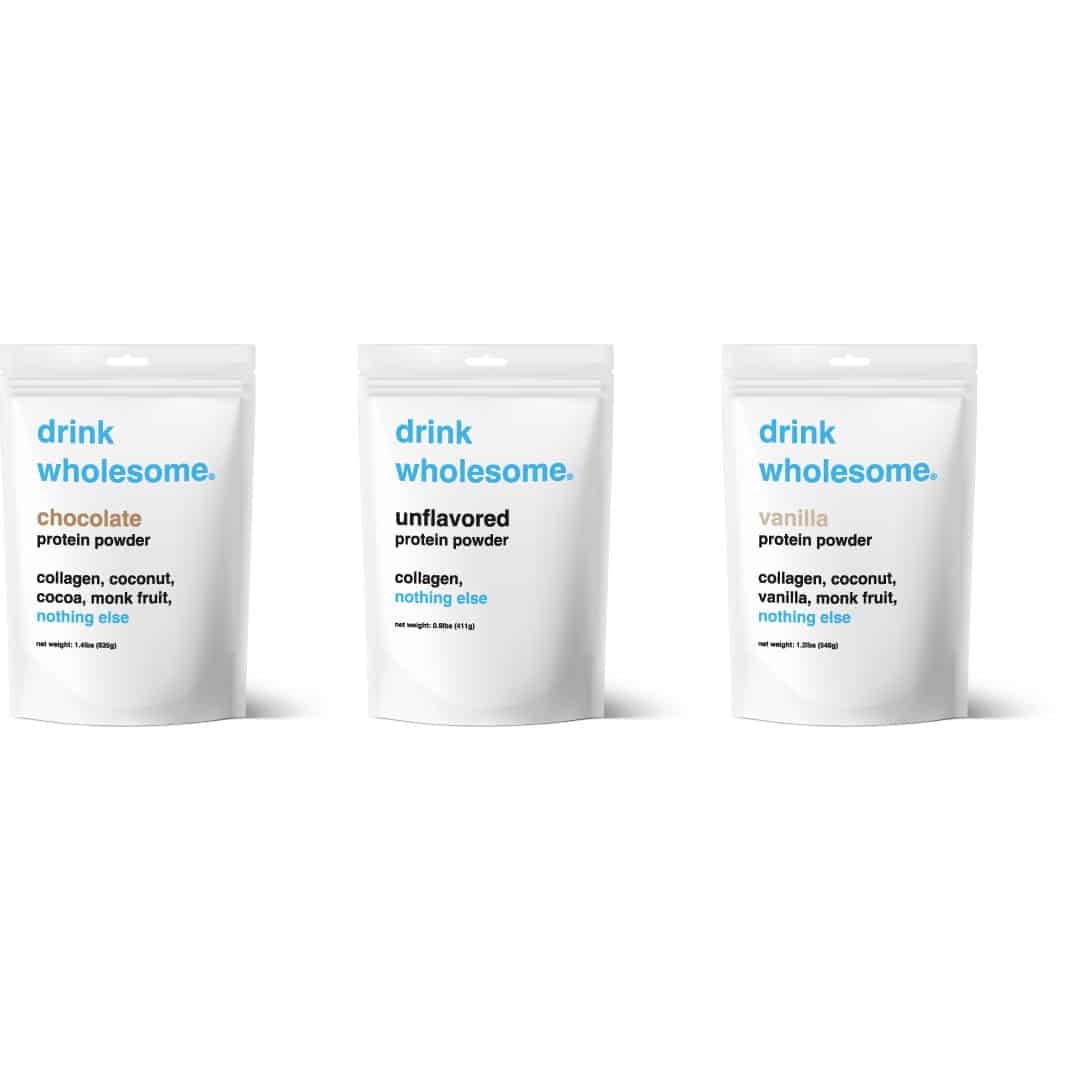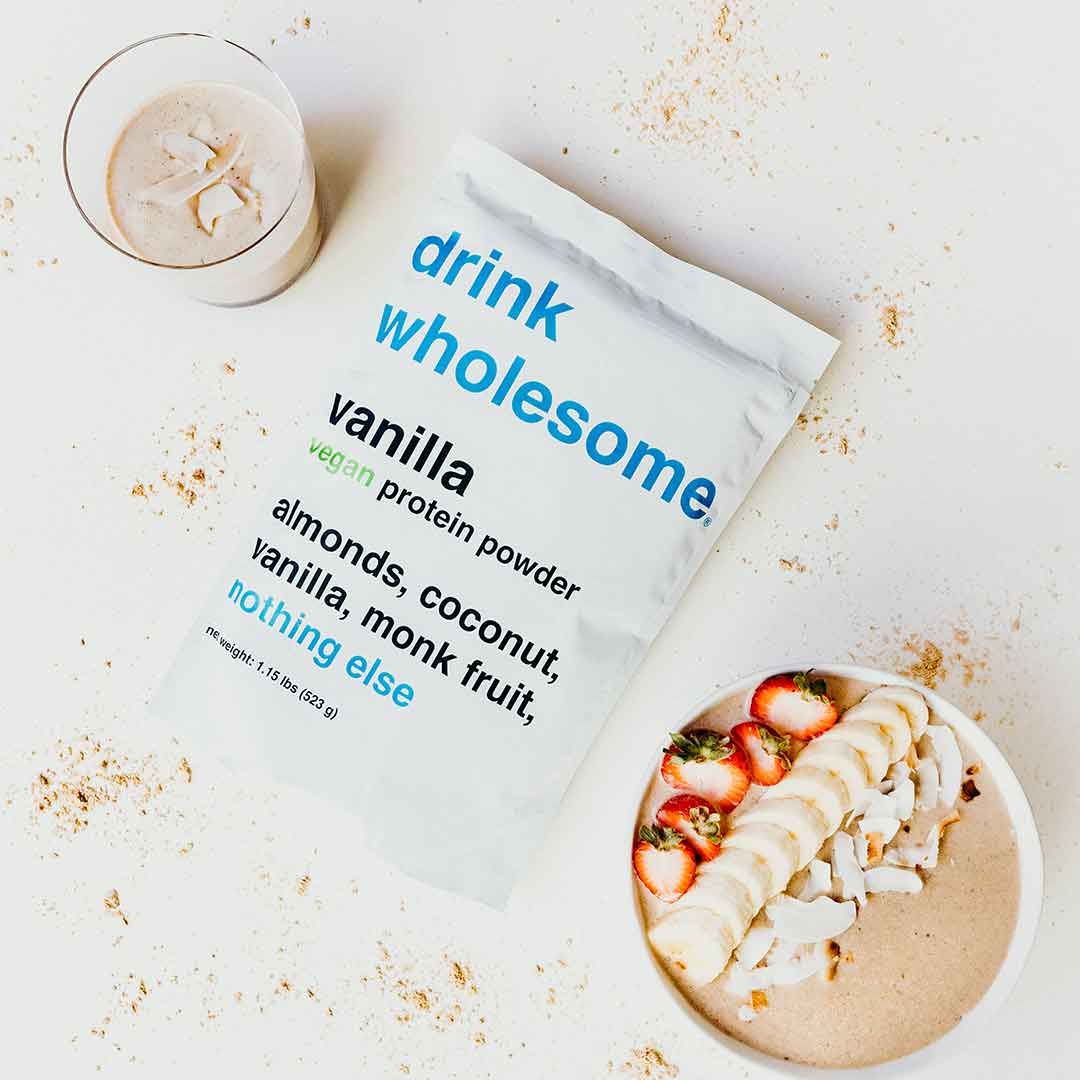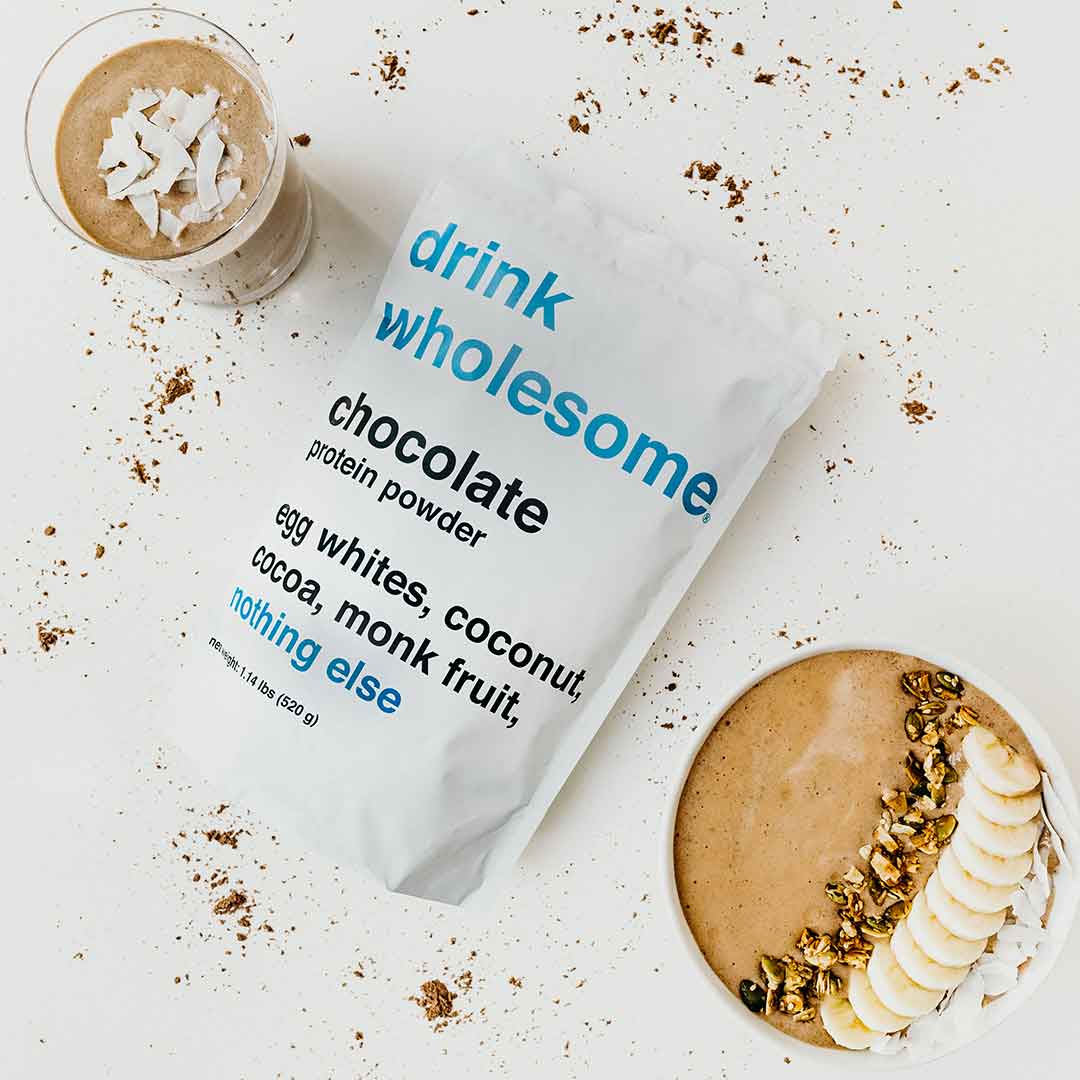Why use dairy-free protein powder?
Although they are cheap and widely available sources of dietary protein, dairy-based protein powders have a number of drawbacks. Here are the top 8 reasons why you should avoid dairy-based proteins:
1. Dairy-based proteins cause digestive issues. Whey and casein contain lactose, a sugar that most adults cannot digest. If you are lactose intolerant or sensitive, dairy-based proteins can cause digestive symptoms such as gas, bloating, diarrhea, and stomach pain. These are not normal symptoms. Protein powder should make you feel full and satisfied without any side effects whatsoever.
2. Dairy-based proteins can cause acne. Dairy consumption stimulates the production of insulin and insulin-like growth factor, both of which have been linked to acne development. Insulin and insulin-like growth factor regulate sebum production. Sebum, an oily substance produced by your body’s sebaceous glands, can clog pores and result in pimples. If you have acne or are looking to improve your skin health, choosing a dairy-free protein powder is a must.
3. Dairy-based proteins are not sustainable. Although whey protein does offer a way for farmers to reduce waste, it is part of the industrial dairy industry, which has a profound impact on the environment. Dairy cows and their manure produce enormous amounts of greenhouse gas emissions, the poor handling of manure and fertilizers pollute local water resources, and unsustainable dairy farming and feed production can also lead to the loss of ecologically important areas such as prairies, wetlands, and forests.
4. Dairy-based proteins are not suitable for those following an elimination diet. Dairy is a common allergen and trigger. If you are experimenting with an elimination diet, choosing a dairy-free option can help you identify your food triggers.
5. Dairy-based proteins can trigger IBS flares. For some, dairy consumption can alter the composition of your gut microbiome and compromise your gut barrier, leading to increased intestinal permeability. This allows harmful substances to leak into the bloodstream, triggering immune responses and inflammation. For individuals with IBS, reducing or eliminating dairy from your diet can be a crucial step in managing symptoms, supporting gut health, and reducing the risk of inflammatory reactions.
6. Dairy-based proteins are not suitable for vegans. Whey and casein are derived from cow’s milk, making them incompatible with a vegan diet. Dairy farming practices often involve animal exploitation and cruelty, which goes against the ethical principles of veganism.
7. Dairy-based proteins are highly processed. Dairy-based proteins are stripped of most nutrients, which raises a number of health concerns. Basically, getting your protein from a whey protein isolate is like eating a multivitamin instead of eating fruits and vegetables.
In summary, dairy-free protein powder is the best choice for individuals with sensitive stomachs, acne-prone skin, and certain dietary restrictions. Continue reading to learn more about non dairy protein powders, and how they offer the same nutritional advantages as whey and casein without the downsides!




